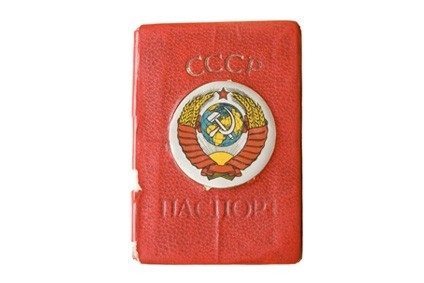If there was only one word being shouted from the rooftops in Moscow last week at the Russian Automotive Forum (RAF), it was simply, localisation.
There were a lot more words of course and many more themes, but looking back through my notes now, it’s the domestic content issue that speaker after speaker in the formal debates – and quite a few in the more relaxed setting of the RAF evening reception too – continued to reiterate.
That debate has been going for quite some time now as the Russian government has long recognised it needed to capitalise on the stampede of foreign automakers heading east of the Urals and guarantee itself a piece of the financial action, notwithstanding some undoubtedly noble aspirations of forcing up domestic quality too.
But the question of localisation – formalised in Decree 166 – gives component makers and their colleagues a real chance to fight back against the twin pressures of domestic inflation and currency pressure.
The latter is being particularly fuelled by the current fault lines between East and West – specifically Moscow and Washington/Brussels – which are coming under intense pressure due to Russia’s de facto annexation of the Crimea region in Ukraine.
Russia says it is merely responding to the right to self-determination as expressed in the referendum of last week – the West has slated the vote as a sham and refuses to recognise what it views as old-style Moscow messing.
That explosive mix of nationalism, grand political posturing, the dazzling brilliance at the Kremlin ceremony to integrate Crimea (it was ‘gifted’ by the Presidium of the Supreme Soviet of the USSR to the Ukrainian Soviet Socialist Republic in 1954), into Russia, has all served to create an atmosphere of uncertainty.
Equally, the subsequent slimming of the G8 to the G7 with Moscow’s expulsion from the global economic club, has provided the necessary impetus to spook the markets and send the rouble tumbling against Euros and Dollars, thus making foreign, imported components substantially more expensive.
That has concentrated minds as speaker after speaker at last week’s RAF rammed home, using the infamous Decree 166 mandate as a backdrop.
“In a tremendously challenging environment about Forex, localisation is the only way to survive,” said Renault in Russia managing director, Bruno Ancelin, although he cited stamping, forging and foundry difficulties as particular challenges.
“I hope our suppliers will listen to this appeal to liaise more with Russia.”
And this from PCMA Rus general manager, Jean-Christophe Marchal: “The only [response] for us is to increase our localisation.
“It should provide defence against Forex risks. We have parts coming from all over the world.
“My logistics costs are very high and localising parts in Russia will help us to reduce cost.”
He also wasn’t shy of using the word ‘appeal’ to ensure the message cuts through any ambiguity about doing business in Russia: “We would launch an appeal to all suppliers to go deeper in localising parts,” he said.
“Our target is to improve our localisation rate of [by] at least 10% by the end of 2015.
“We would like to localise car batteries, light alloy wheels and plastic elements. PCMA Rus is fully open to work with many partners on localisation of components.
“I think now we have to go deeper and find a way to work with Russian suppliers – there is no reason for us not to be able do that.”
But there is clearly quite some way to go towards the Russian government’s hugely ambitious goal of securing 80% localisation by a so-far unspecified date and despite the politicians setting some serious wheels in motion, they lace the target with realism.
“It is very important for us, especially when you see what is happening with exchange rates,” said Deputy Minister of Industry and Trade of the Russian Federation, Alexey Rakhmanov, addressing the Moscow audience.
“It is very important local parts and materials are used as much as possible. Unfortunately, the situation is not very encouraging at the moment.”
But even with the laudable framework of increasing local content, it will take time to tool up, recruit and train skilled labour, as well as implement the new products within the Russian supply chain.
But all the while localisation remains at the current level and the more the markets are unnerved by what The Kremlin is doing, the more Forex comes under sustained pressure and the more costs rise.
The foreign OEMs know it and the message came through loud and clear in Moscow.







